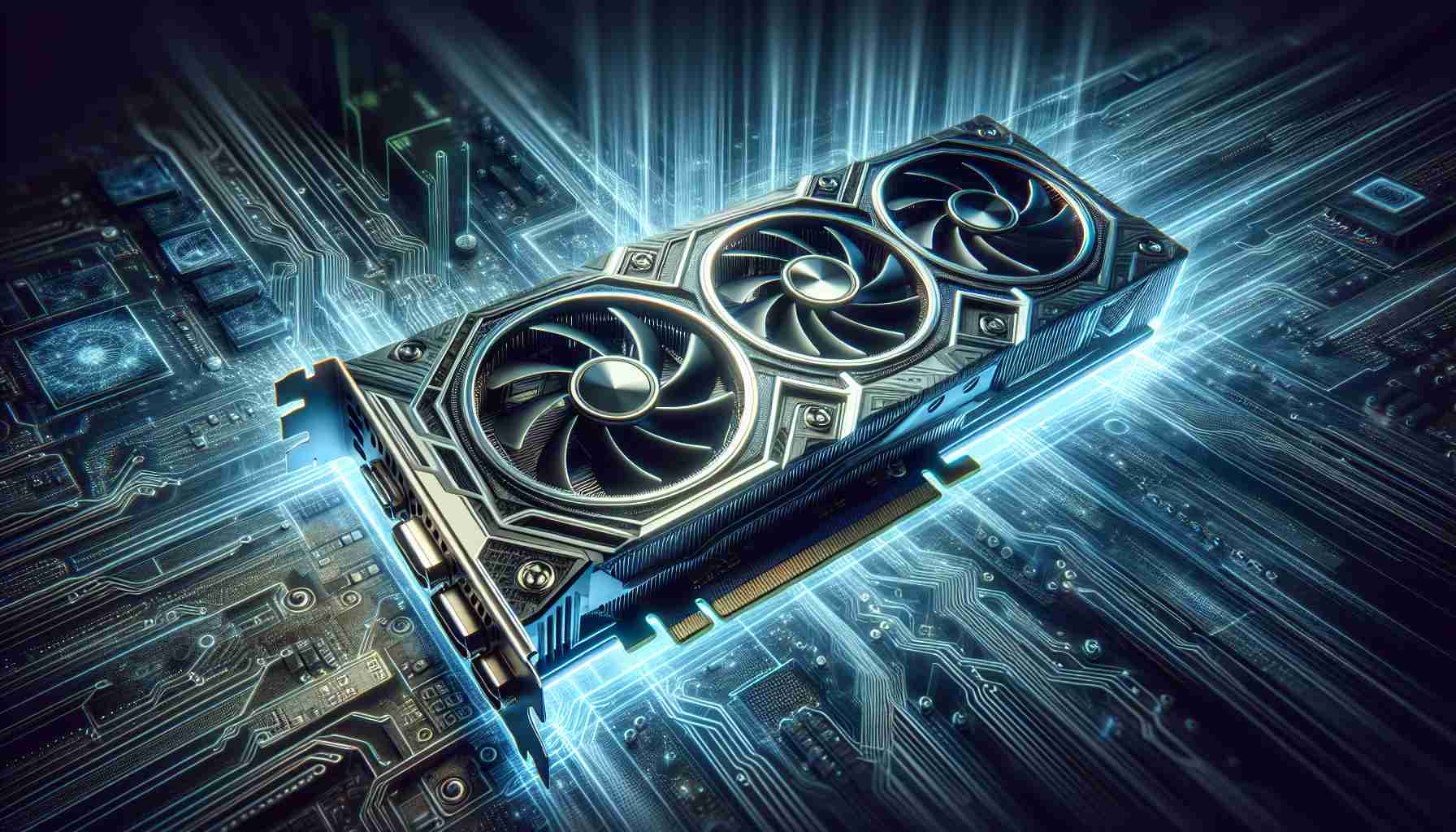Revolutionizing the Realm of Sports through Technological Advancements
In a groundbreaking shift towards innovation, cutting-edge technology has been seamlessly integrated into the fabric of major sporting events, offering a redefined experience to participants and spectators alike. Spearheading this tech revolution is the incorporation of Artificial Intelligence (AI) at the Paris 2024 Olympics, taking the realm of possibilities to new heights.
Empowering Athletes and Enhancing User Engagement
Ditching conventional methods, the event has embraced AI-infused solutions provided by leading technology giant Intel. An exemplary feature is the athlete-exclusive chatbot, finely tuned to cater to their informational needs promptly through the exclusive “Athlete365” app on Samsung Galaxy Z Flip 6 devices. This bespoke chatbot, akin to ChatGPT, is insulated from external data influx, preserving data sanctity.
Redefining Broadcast Experiences with AI
Not limiting its prowess, AI has also revolutionized broadcasting dynamics, with automated highlight reels being churned out by the Olympic Broadcasting Services (OBS). Trained to detect pivotal moments, AI factors in ambient sounds, athlete actions, and sporting intricacies to curate riveting content. Encoding and streaming in 8K resolution further mark a technological milestone, ensuring a seamless viewing experience for global audiences.
Elevating Visitor Experience through Tech Innovation
In an unprecedented move, Intel’s technological marvels, powered by AI, have digitized 30 Olympic venues utilizing Xeon Scalable processors and ARC Graphics cards. Leveraging Digital Twin tools, meticulous event planning is streamlined, optimizing camera placements and bolstering security measures. This foresight augments AI efficiency on-site, tailoring experiences based on visitor footfall and engagement duration in the sporting arena.
As technology continues to evolve, driven by AI at its core, these pioneering advancements showcased at the Paris Olympics are poised to transcend sporting realms and extend into diverse domains. The trajectory is set to unfold with even more groundbreaking innovations in anticipation of the 2028 Los Angeles Olympics.
The Ever-Expanding Impact of Artificial Intelligence in Major Sporting Events
As the world witnesses the transformative power of Artificial Intelligence (AI) in major sporting events like never before, a multitude of questions arise regarding the implications, challenges, and controversies surrounding this technological evolution.
What are the Key Questions Surrounding AI in Sports Events?
1. Privacy Concerns: How is data privacy being safeguarded in the utilization of AI technologies, especially in athlete-exclusive platforms and interactive systems?
2. Fairness and Bias: To what extent is AI being monitored to ensure fairness in decision-making processes, such as referee assistance or performance analysis, without bias creeping in?
3. Ethical Use of Data: What measures are in place to regulate the ethical collection, storage, and usage of data gathered through AI-powered systems at major sporting events?
Understanding the Key Challenges and Controversies
While AI brings a wave of advancements and benefits to major sporting events, it also presents a set of challenges and controversies that cannot be overlooked.
1. Reliability and Accuracy: Ensuring that AI systems have high levels of accuracy and reliability in analyzing data and making decisions is crucial to maintain the integrity of sports competitions.
2. Overreliance on Technology: Balancing the use of AI as a tool to enhance sporting experiences with preserving the essence of human skill and decision-making poses a significant challenge.
3. Resistance to Change: Some stakeholders in the sports industry may resist the adoption of AI technologies due to concerns about job displacement, traditional practices being replaced, or financial implications.
Advantages and Disadvantages of AI Integration at Sporting Events
Advantages:
– Enhanced Fan Engagement: AI-powered systems can personalize fan experiences, offer real-time updates, and create immersive interactions, increasing overall engagement.
– Improved Athlete Performance: AI analytics can provide valuable insights to athletes, coaches, and teams, leading to enhanced training strategies, performance optimization, and injury prevention.
– Efficient Event Management: AI streamlines operational aspects like security, scheduling, and resource allocation, resulting in smoother event execution and enhanced visitor experiences.
Disadvantages:
– Data Security Risks: The accumulation of sensitive data through AI systems can pose security threats if not appropriately secured against breaches or cyber-attacks.
– Dependency on Technology: Over-reliance on AI for critical decisions may lead to reduced human involvement, potentially distancing athletes and fans from the emotional essence of sports.
– Cost Implications: Implementing and maintaining AI infrastructure at major events can incur significant costs, requiring careful assessment of long-term benefits versus expenses.
As the integration of AI continues to shape the landscape of major sporting events with unparalleled innovation and engagement, addressing these questions, challenges, and controversies is essential to ensure a balanced and successful transition towards a tech-enhanced future.
For more insights into the intersection of technology and sports, visit olympics.com.


















